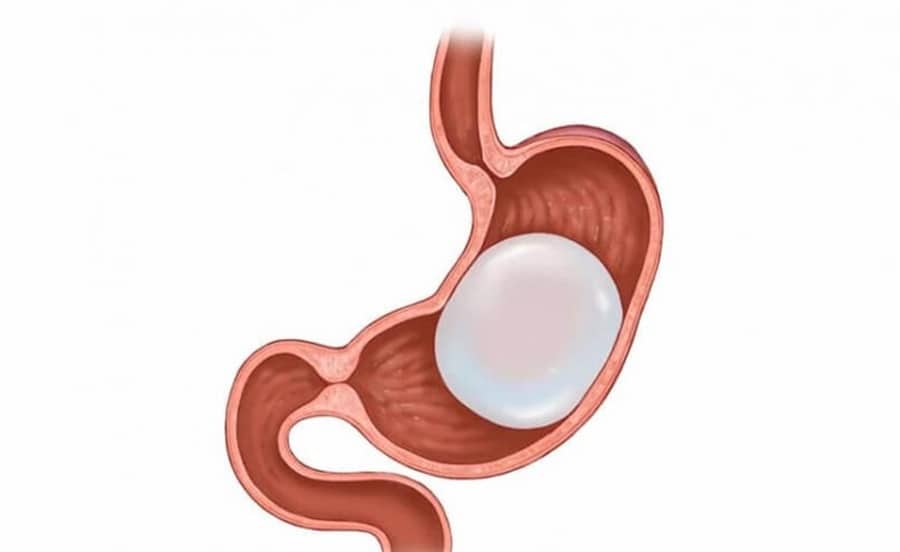As integral and usual as sweating is for the human body to regulate its temperature, excess sweating from heat or exhaustion and night sweating are two completely different things. While the purpose of both is to cool down the body temperature reading, night sweat can be defined as episodes of excessive sweating or perspiration, mainly occurring while you sleep at night.
However, do not be mistaken, as night sweats can occur without physical exertion, high surrounding temperatures, or heavy blankets. The episodes can even leave one drenched in sweat, requiring a change of clothes and sheets. And as an apparent consequence can reduce one’s sleep quality, trigger discomfort, concern partners, etc.
Though night sweats are pretty standard, often with no severe such implication or reasons, knowing the cause and treating it, besides consulting a doctor, is the only right way to be sure. Let us have a look –
Contents
Common Causes Of Night Sweats And Their Treatment

Before we dig into causes of night sweat, know that hot flashes and night sweats are not the same. While the sudden feeling of excessive warmth, known as hot flashes, can occur at any time of the day, true night sweats are a form of hot flash that occurs at night while provoking heavy perspiration.
Menopause

The permanent discontinuation of the menstrual cycle in women, known as menopause, significantly impacts their body and the production of hormones such as progesterone and estrogen. These hormones are believed to be a crucial trigger for hot flashes in women during menopause, affecting up to 85% of them.
These hot flashes, in most cases, begin at premenopause and can continue up to post-menopause, lasting a few minutes, multiple times a day and also night, often leading to night sweats.
However, the sleeping difficulties and insomnia in most women around menopause are not entirely because of night sweat, though it is most definitely a contributor.
Treatment – Lifestyle changes to adjust to the symptoms around menopause are an excellent way to reduce their effects. To reduce experiences of night sweats and hot flashes includes sleeping in an air-conditioned or cool room and avoiding alcohol consumption.
Nevertheless, if these do not work or symptoms continue, hormone therapy may also alleviate the symptoms. Consult your doctor as they may help prescribe medication for the purpose.
Infections

Several infections are also a common cause of night sweats. It is due to fever or overheating caused due to the infection. A few significant infections that night sweats happen to be an important symptom that includes – HIV (Human Immunodeficiency Virus), Tuberculosis Bacteria, Fungal Infection, etc.
Treatment – Different types of drugs and medications, from antibiotics to antiviral, depending on the type of infection, can be used to lift off the symptoms successfully. But, again, consult your doctor for a prescription.
Medication

Side effects of medications are not unheard of, and night sweats happen to be one of those. Medications that are particularly associated with hot flashes and night sweats include antidepressants, steroids, fever reducers such as acetaminophen and aspirin, etc.
If you are, in fact, on any medication, search the Internet for its side effects or consult your doctor to know if the meds are the cause.
Treatment – Adjusting the regular dosage and pattern or just altogether switching to an alternative med is an excellent way to get rid of side effects. However, if night sweats happen to be severe, accompanied by other side effects, consulting a doctor is the only right thing to do.
Hormonal Imbalance And Problems

The endocrine system controls hormone levels in the human body, and any changes in it can lead to issues like night sweat. Examples include – hyperthyroidism (overactive thyroid), abnormal sex hormone levels, high blood sugar levels, hypothalamic dysfunction, etc.
Treatment – Depending on the types of hormonal issues in your body, several things from medication, hormone therapy, and even surgery can be used to treat the condition altogether.
Some Other Causes And Their Treatment Include

- Caffeine, drugs, or alcohol consumption – Avoiding or limiting them may work. You can also try medication to help you quit after a doctor’s consultation.
- Cancer and its treatment – Night sweats can be caused both due to cancer or as a side effect of its treatment. Your doctor can advise you on the right Chemothraphy drug, medication, therapy, or other treatment to combat the same.
Other Common Treatments You Can Try

- I am sleeping in well-ventilated and more excellent spaces.
- I was sleeping without a blanket and in breathable clothing.
- I am avoiding spicy foods, tobacco, drugs, etc.
- We are maintaining a healthy body weight.
- You are drinking enough cold water.
- I am practicing relaxation techniques.
- Consider a colling mattress.
- I am visiting somewhere with cooler weather to relieve symptoms.
- Coldwater shower before bed.
When Should Your Worry And Seek Help?

Though night sweats are not of much concern in most cases, specific indicators might suggest that you need medical attention and care, as it may be due to a serious underlying health condition. These include –
- Unexplained weight loss
- Oral temperatures or rectal temperatures suggest fever
- Cough
- Persistent hot flashes at any time of the day.
CONCLUSION
Night sweats, though they do not necessarily imply any underlying severe condition in most cases, can nevertheless be uncomfortable and stressful. Therefore, it is best to consult a doctor, especially older adults, to ensure that the reason is not severe despite the low chances.
Medical advice on how to combat night sweats as per your condition can help you significantly relieve night sweats and hot flashes, if not eliminate it all at once. Happy Scrolling!


